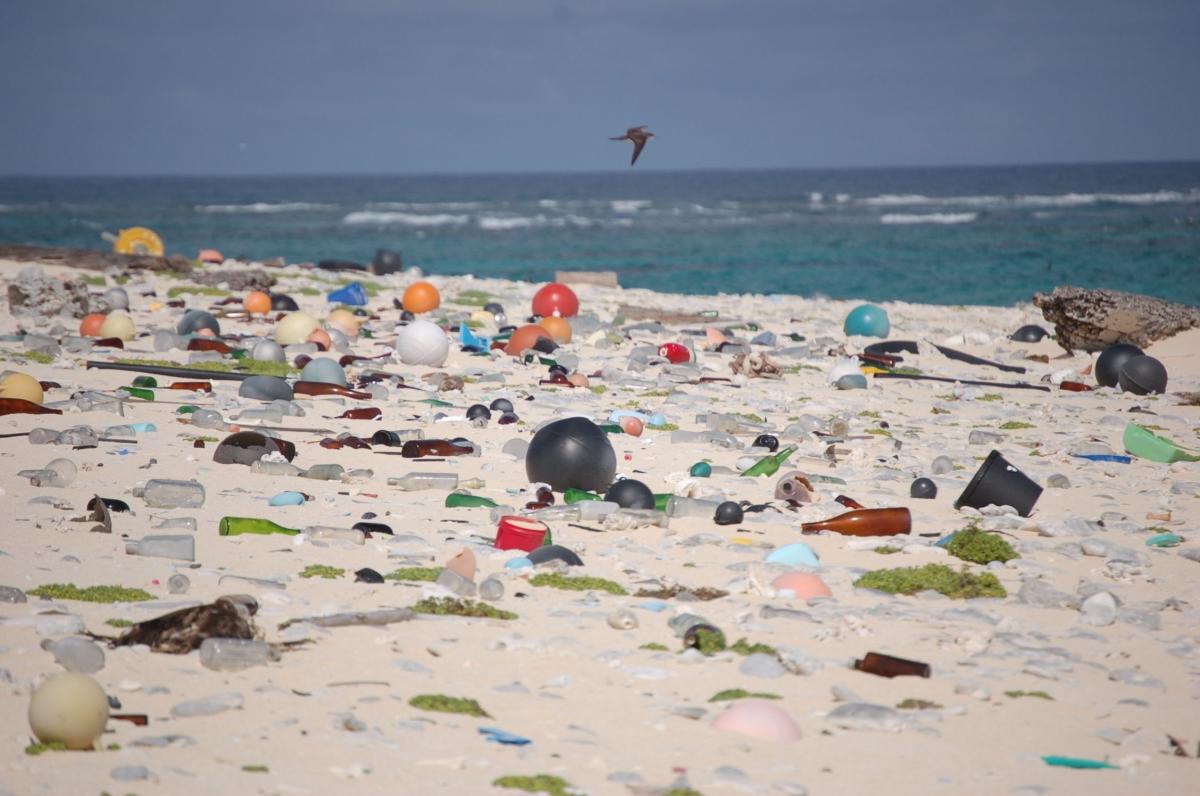World Oceans Day 2016: Healthy Oceans, Healthy Planet Inspire article
Educate others about the importance of the ocean

Headquarters; image source: Flickr
Hermit crabs are now crafting homes from bottle caps, giant whirlpools of microplastics are mounting in the middle of the oceans, and we now have to worry about swallowing plastic in the fish we eat. These examples highlight the price that the ocean is paying for our throwaway society. It comes as no surprise, then, that this year’s theme for ‘World Oceans Day’ is promoting the prevention of plastic pollution.
Celebrated on 8th June, the theme “Healthy Oceans, Healthy Planet” is an opportunity to educate young people on how we can improve the health of our ocean. Last year, we described the ‘Tara Oceans’ expedition, which highlighted the huge biodiversity of unknown plankton in the oceans. The researchers created an ocean gene catalogue, which can now be used as a benchmark against which to monitor the health of our oceans. You could use this as a starting topic to discuss the ecological role of plankton and see what happens when plankton ingest microplastics. You could also collect your own data from marine microbes for ‘Ocean Sampling Day’ taking place on on the 21st June. This citizen science project is an opportunity to help scientists analyse the marine microbial world.
It is not only plankton that eats microplastics however; these small but deadly plastic particles are a major threat to many marine species. To understand why, have a look at this article from issue 34 of Science in School, which uses various activities aimed at a range of age groups to teach about microplastics. There is a drama activity for 3–7 year olds for example, and an investigation for pupils aged 11–16 using sand samples from a local seashore, lakeside or river bank.
‘Nurdles’ are another concern. These are the tiny plastic pellets that are melted and moulded to make every plastic product we use. Since they are roughly the size of a lentil, they can easily end up in the sea from spills during transportation, and they go largely unnoticed. The Ted-Ed video below explains why they are such a problem for marine wildlife.
For more inspiration, take a look at how 10 different schools have previously celebrated World Oceans Day. How about making hand drawn ocean postcards, running a dressing up contest, or even organising a ‘conservation carnival’?





